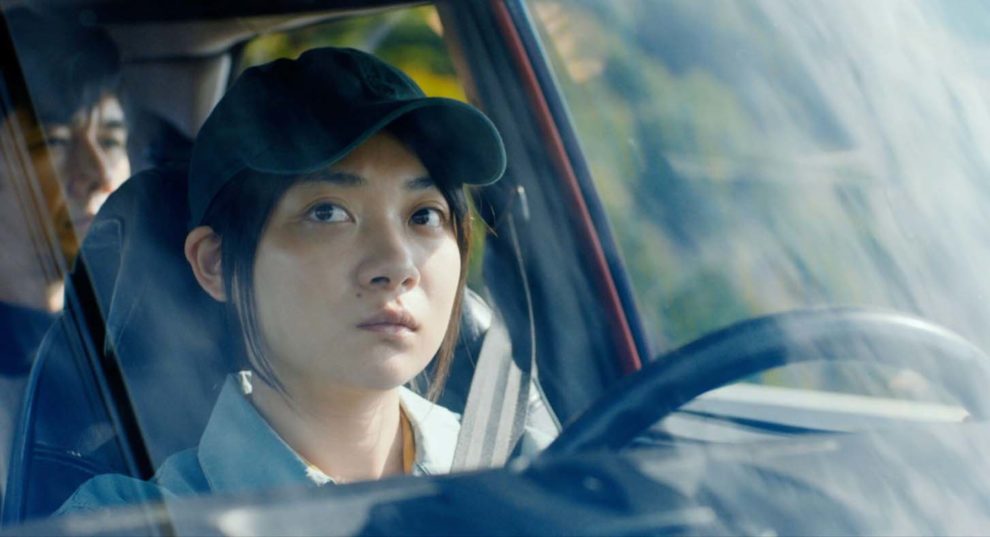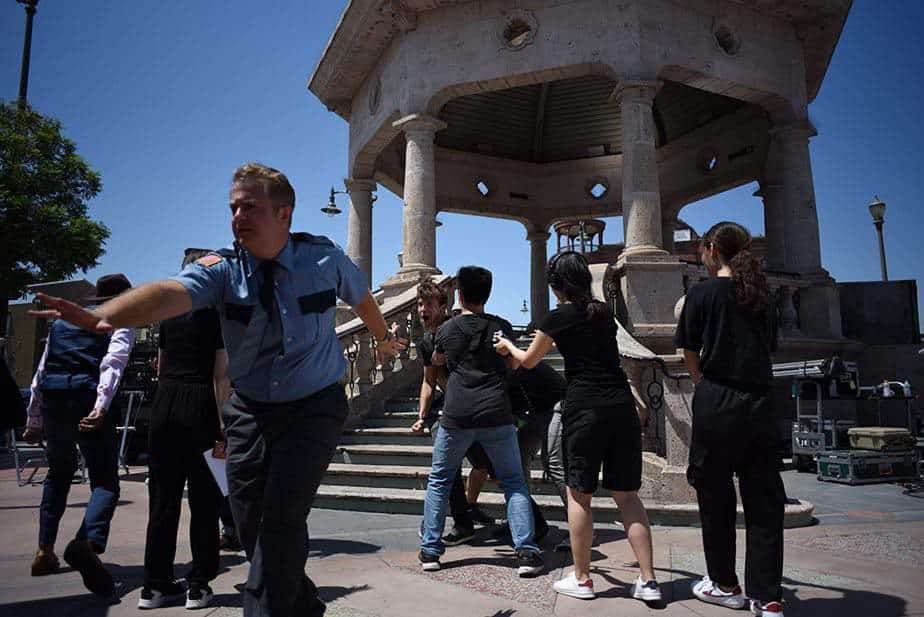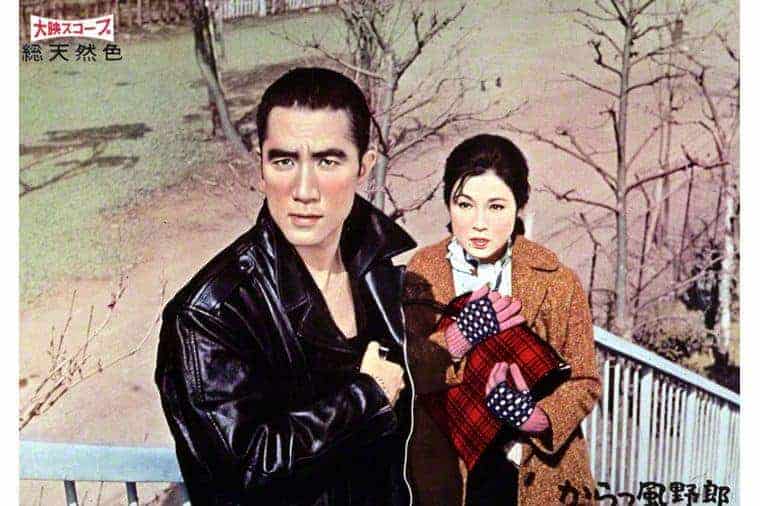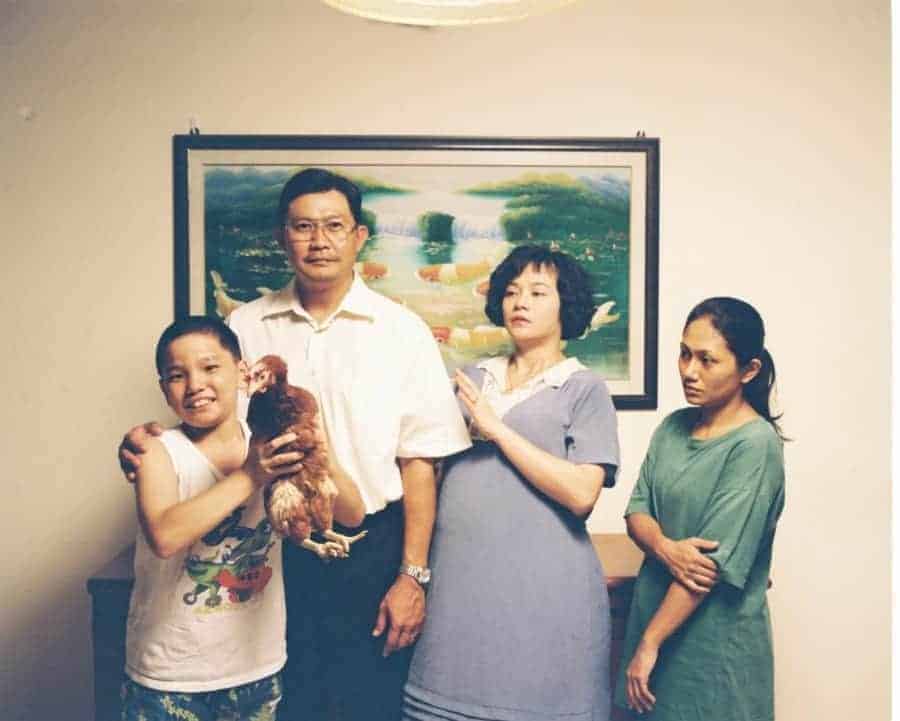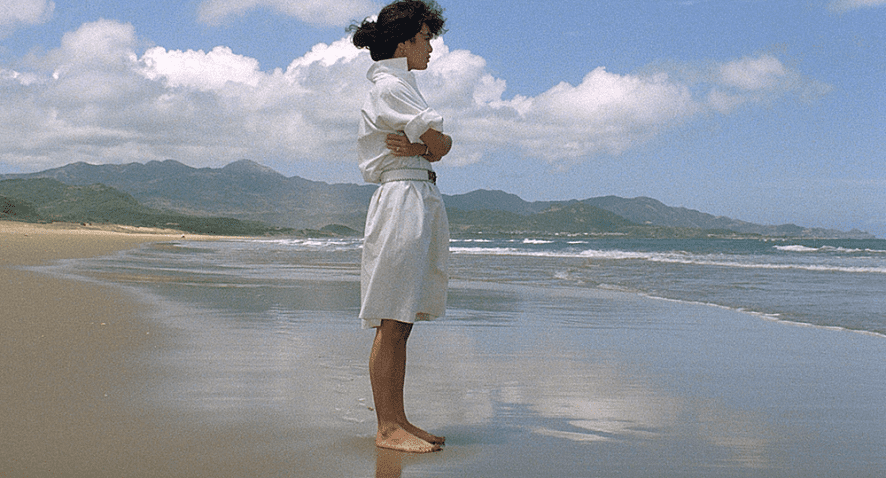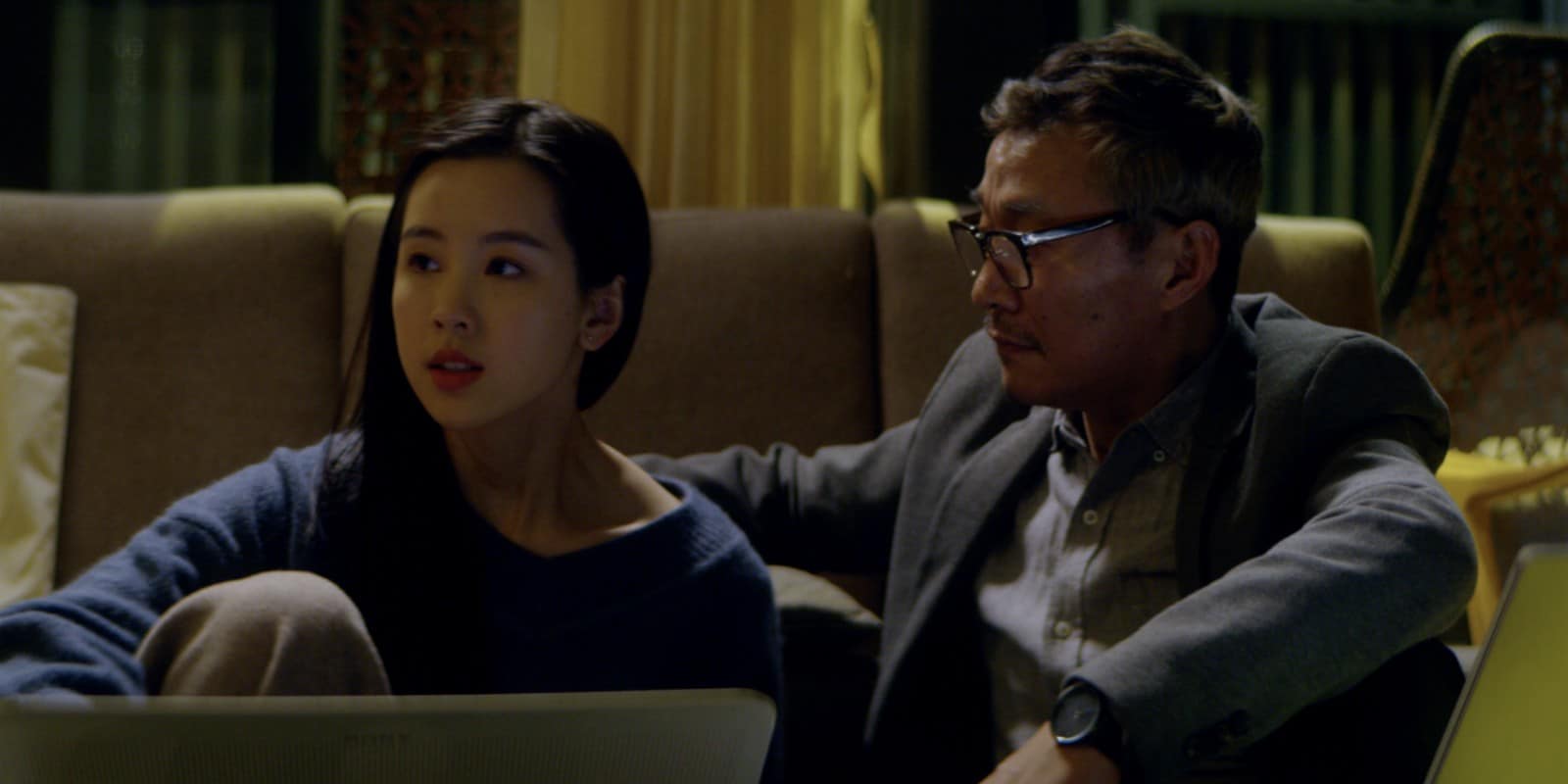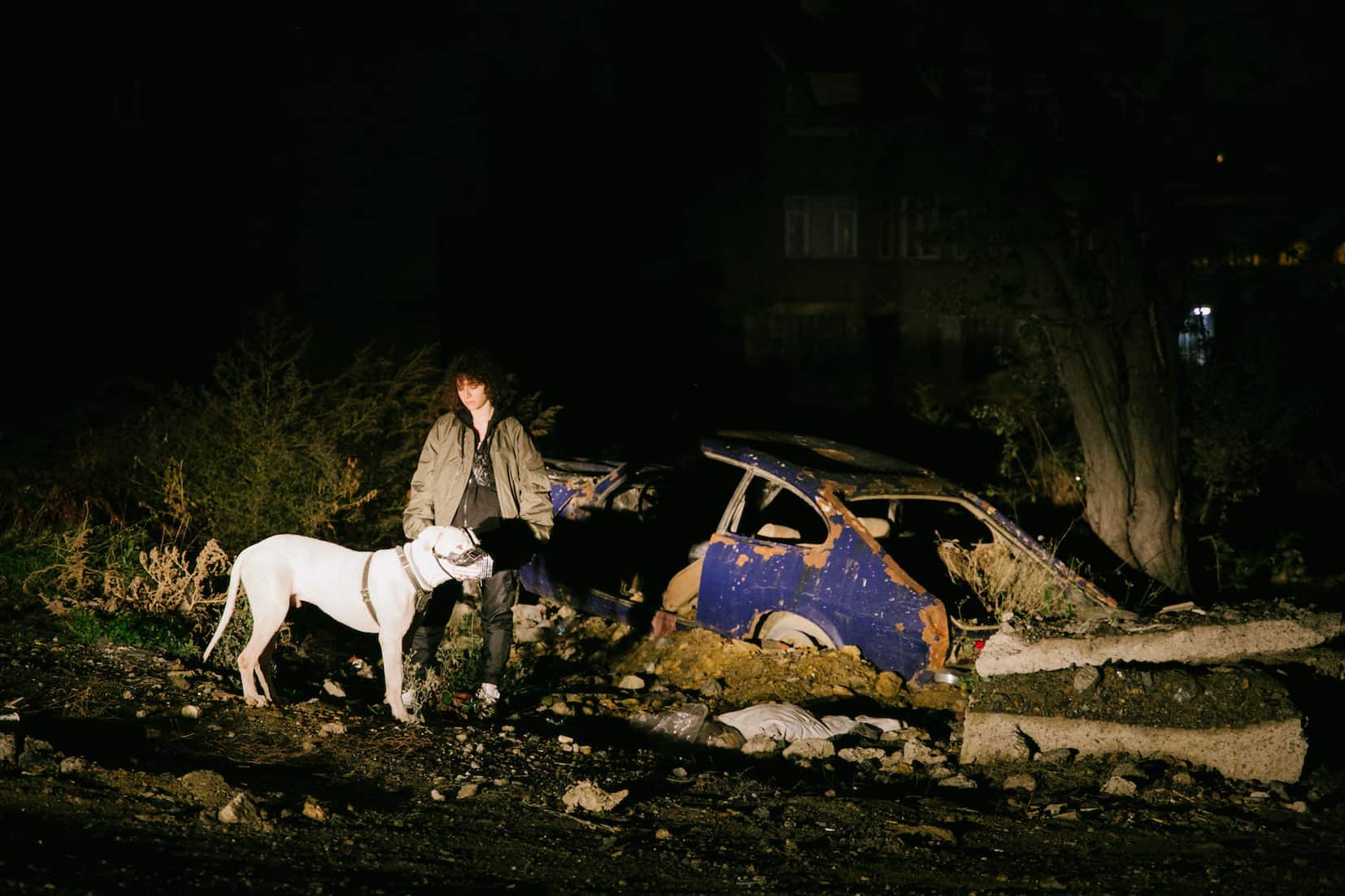The much anticipated and hyped Ryusuke Hamaguchi's “Drive My Car” is an adaptation and extension of Murakami's short story of the same title from the 2014 collection “Men Without Women”. It comes shortly after “Wheel of Fortune and Fantasy” and, although a very different film, it also resumes and develops its final episode's concept, of performing and role-playing as a way people can connect with their true feelings.
“Drive My Car” is screening at the 62nd Thessaloniki International Film Festival
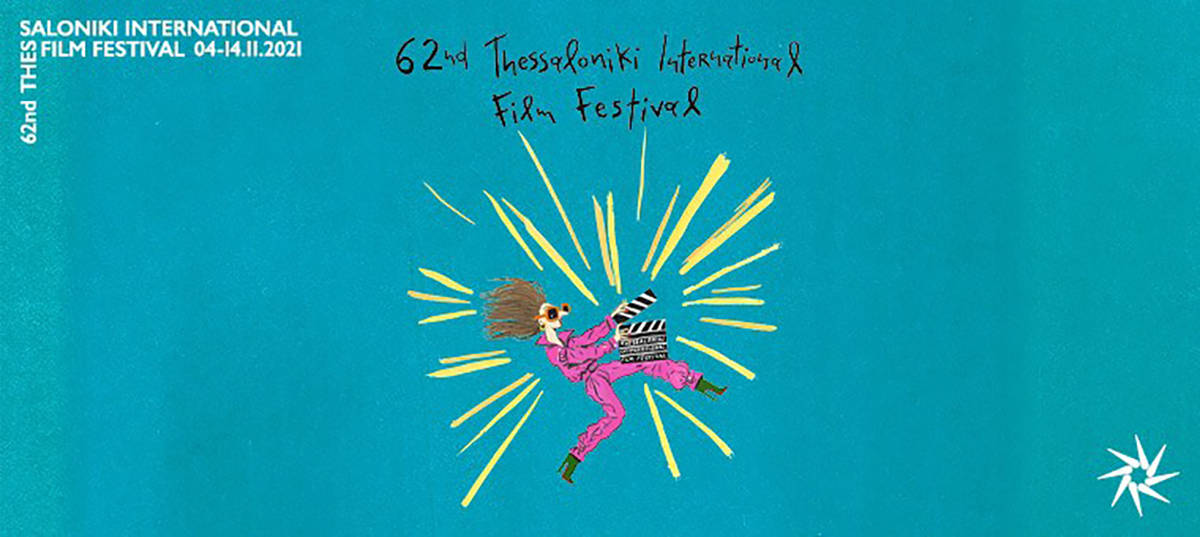
A 40-minute-long first act, set two years before the main story, introduces the film. Yusuke Kafuku (Hidetoshi Nishijima) and Oto Kafuku (Reika Kirishima) are a married couple; he is a renown theatre actor who likes rehearsing Checkov's Uncle Vanja lines with the help of his wife's voice on a tape, while driving his beloved vintage red SAAB 900, and she is a scriptwriter with an unusual creative process. Like a Scheherazade, she whispers stories to her husband's ear in a sort of trance while making love at night and asks him to retell the stories the morning after, so that she can write them down. (Her fascinating tales about a girl, secretly visiting the room of his love interest and planting traces of her, and about being a lamprey in her previous life, come straight from “Scheherazade”, another Murakami's short story of the same collection). Despite the great alchemy that seems to be running between them, an accidental change of plan allows him to discover Oto having sex with another man, Koji Takatsuki (Masaki Okada), a young actor she is working with. Unseen, Yusuke leaves the room and keeps the shocking discovery for himself. At about the same time, he also learns a glaucoma is threatening his sight, giving him a blind spot that could impair his driving ability. One day, Oto announces she wants to talk to him, and sensing bad news he delays his arrival home, only to find eventually his wife dead on the floor, victim of a cerebral haemorrhage. Would she be still alive if he hadn't waste time avoiding confrontation? And what did she want to tell him? He will never know.
Two years later, Yusuke is preparing to be the artist in residence at a theatre in Hiroshima, and stage his own experimental multilingual productions of Anton Checkov's Uncle Vanja, a play he knows very well, having played it several times in the role of the protagonist. His bizarre request to be accommodated at a 1-hour-distance from the theatre so that he can keep rehearsing while driving is taken into consideration but – as for the company's policy – only if he accepts a chauffeur. Yusuke is reluctant as he can't imagine anyone else driving his beloved car, but he has no choice but to accept and pass the steering wheel on to Watari Misaki (Toko Miura) a young and discreet hired driver. Production starts and surprisingly, within the auditionees, Yusuke recognises Koji Takatsuki, his late wife's lover and decides to cast him as Vanja despite the age difference and the mediocre talent of the actor, in an attempt to put him in an uncomfortable position. In the following days, a strict routine of daily rehearsals allows Yusuke and Misaki to spend lots of time together in the same confined space of the car, one reciting his lines to the ghostly voice of Oto, and the other silently taking care with love of the SAAB and earning trust for her driving skills. Slowly, the two start to communicate.
If Murakami had concisely packed a great deal of themes in his short story, in Hamaguchi's very personal adaptation and extension those ideas breath, flourish and take flight. There is a story of a marriage threatened by tacit secrets, then a story of sweet revenge (or punishment as Murakami's protagonist prefers to call it) and a growing friendship between two strangers in a car, who discover they have in common more that they thought. These narrations beautifully intertwine and overlap, they spill over into one another and mutate, in this captivating meditation about loss, grieving and survival. This masterclass of scriptwriting by Hamaguchi and co-writer Takamasa Oe is densely filled with symbolisms, allegories and reflections, stories inside stories and actors acting on stage but also in their private life.
One of the central themes that the film shares with the source novel is the struggle and inability to know the people close to us in their completeness. Yusuke is tormented by his blind spot, not much the physical one – the shadow zone of his eye – but more by the details he couldn't see in Oto, her infidelity, the things that attracted her to her lover, the end of the stories she created in their intimacy. Do we really know everything about the people we have in our life? And most of all, is not-knowing certain truths better that knowing them? Is it what Yusuke tried to do when he buried his trauma and convinced himself he was fine? Yusuke's agony is echoed by Uncle Vanja's words. A major player in “Drive My Car”, Checkov's Uncle Vanja is everywhere, its lines punctuating and commenting the narration. They fill the lengthy rehearsal scenes where actors follow Yasuke's method (which is apparently the same method Hamaguchi uses with his actors) and read the lines in a slow, impersonal way, devoid of any sentiment, like a sutra, as one of the actors suggests. They also gush from the tape that Yusuke plays in the car, Oto's disembodied voice offering him the cue to some unspeakable truth. In fact, only channeling Checkov, in the intimate space of his car, Yusuke finds the courage to spell out things like “That woman doesn't deserve forgiveness for her infidelity” or “I am sure that the truth, no matter what it is, isn't that frightening”. No wonder he is deeply upset when fate forces him to a crossroads to choose between reprising or not his role of Vanja in the play. “Checkov is terrifying, when you say his lines it drags out the real you” Yusuke confesses to Misaki when he decides to open his heart and soon after to start with her a journey (physical and emotional) that will lead to the liberating and deeply emotional climax.
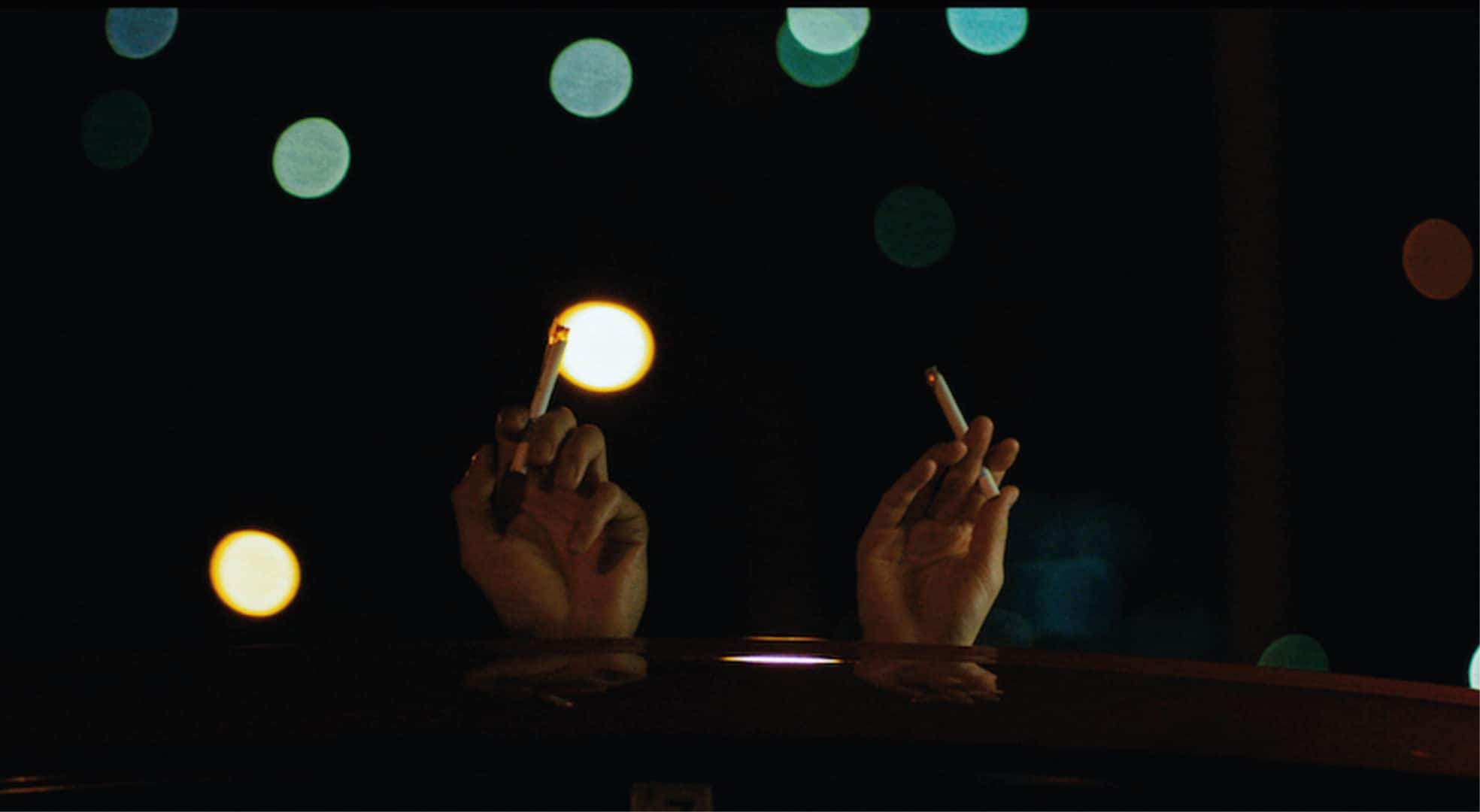
Hamaguchi's captivating script for this 3-hour film strongly relies on dialogues and actors' performances. Excellent Hidetoshi Nishijima and Toko Miura, respectively as Yasuke and Misaki, had the more difficult task of conveying their characters' introversion and the silent way they both keep living with a secret buried in their hearts. Little gestures are keys. When Yusuke stops and observes Misaki from a distance, folding with extreme care the car's cover, he is hit by the thought that someone is taking care of him and it's a strangely enjoyable feeling. And again, them enjoying a cigarette, both hands up and out of the sunroof, on their journey ahead. Their severe postures beautifully melt in the final, cathartic revelation. The secondary roles are all well performed, a special mention to Reika Kirishima in the enigmatic role of Oto and Yoo-rim Park, playing the mute Korean actress and former dancer playing Sonya in Yasuke's production and delivering her moving famous monologue in Korean sign language. The photography is pleasantly crisp, highlighting the bright red SAAB from Tokyo to Hiroshima to Hokkaido, and the pillowy score is discreet and apt.
In “Drive My Car” there is no trace of the trademark Murakami's magic-realism in confronting all these issues, but Hamaguchi ends on a positive note placing his idea of magic in the ability of opening up to others and sharing feelings. Like Yusuke handling the keys of his car to Misaki, open your heart, sit back and enjoy the ride.


